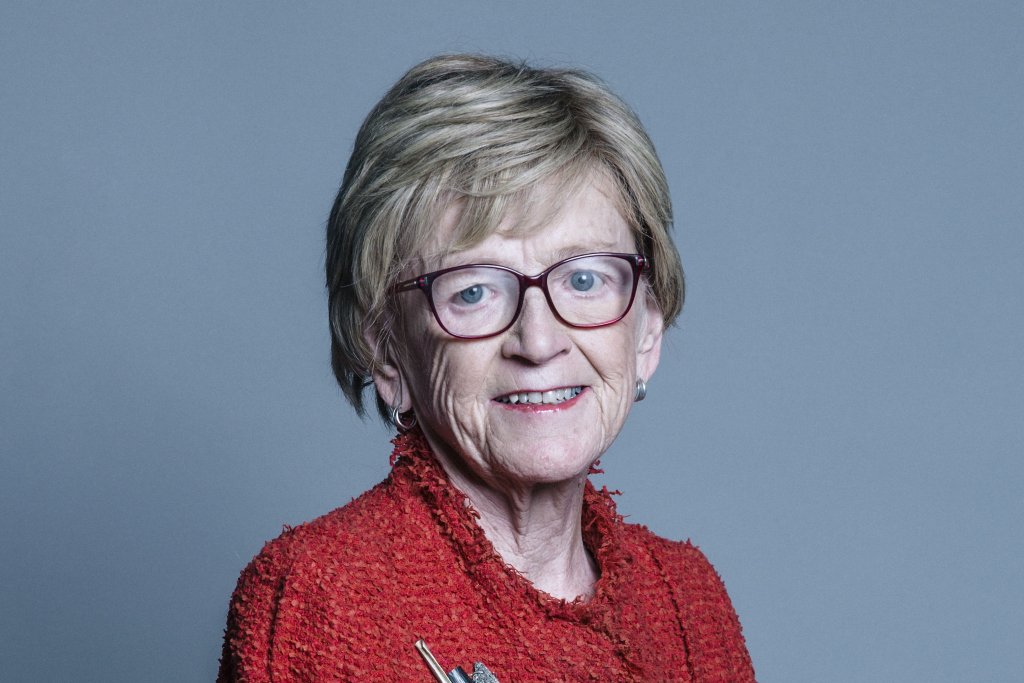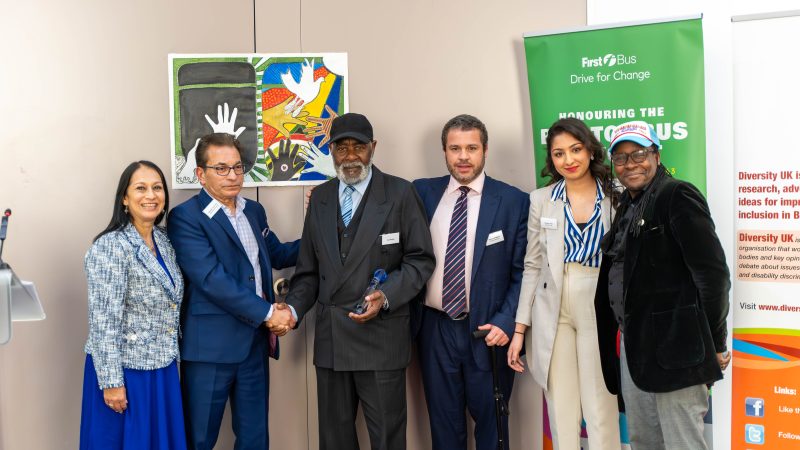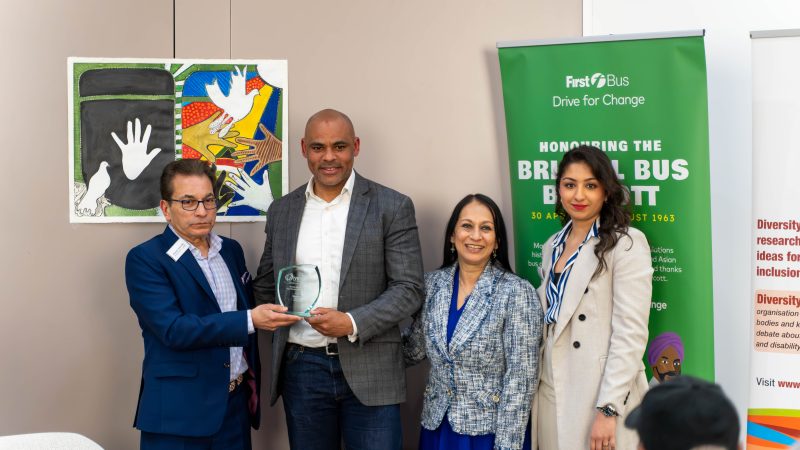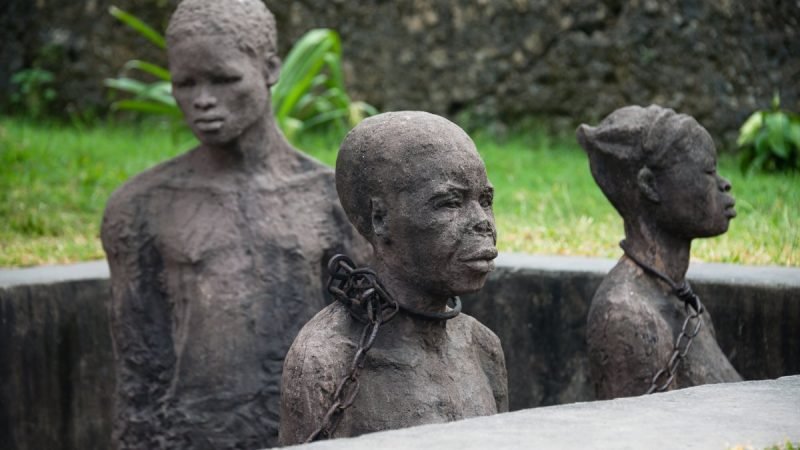Peers launch inquiry on COVID-19 inequalities in public services

Peers have launched new inquiry, asking what lessons should be learned for public services from coronavirus pandemic, with the committee to hold its first public evidence session on 3rd June 2020.
The House of Lords Select Committee on Public Services, set up to examine the transformation of public services to ensure that they are fit for the 21st century, will look into what the COVID-19 experience can tell us about their future role, priorities and shape. The inquiry will focus on four key areas:
- Integration of services
- Inequalities in access and outcome
- Relationships between local and national services
- The role of civil society (private sector, charities, volunteers and community groups) during the pandemic.
Chair of the committee Baroness Armstrong of Hill Top, recently said:
"COVID-19 has presented our public services with one of the gravest challenges in recent history, and we have seen heroic efforts from frontline staff to ensure our communities are supported during lockdown.
"However, the crisis has also highlighted some fundamental weaknesses in the design of public services, such as the lack of integration between health, social care and other services. The Committee will explore how the lessons from coronavirus can inform public service reform.
"The pandemic has already encouraged radical thinking in some areas, such as the establishment of numerous community initiatives to support people during lockdown – schemes which have seen collaboration across the voluntary sector, NHS and social care providers, the police, local authorities and community services, to ensure that the needs of local communities are met.
"The crisis has also demonstrated the ability of government to increase the capacity of public services quickly when necessary – as seen in the NHS."
Baroness Armstrong added:
"The pandemic has shown what's possible, but how can government and leaders ensure that the transformation seen in some services remain once the crisis is over?"
About Parliamentary Select Committees
Select Committees work in both Houses, the House of Commons and the House of Lords. They check and report on areas ranging from the work of government departments to economic affairs. The results of these inquiries are public and many require a response from the government. House of Commons Select Committees are largely concerned with examining the work of government departments.
Lords Select Committees
Lords Select Committees do not shadow the work of government departments. Their investigations look into specialist subjects, taking advantage of the Lords' expertise and the greater amount of time (compared to MPs) available to them to examine issues.
There are currently six major Lords Select Committees:
- the European Union Committee
- the Science and Technology Committee
- the Communications Committee
- the Constitution Committee
- the Economic Affairs Committee
- the International Relations Committee
These six committees are re-appointed at the beginning of a new session. Each one runs inquiries and reports on issues within their specific areas. Ad hoc committees, such as the committee on Digital Skills, are set up to look at issues outside these subject areas.
Government Responses
The Government will normally make a response to a select committee report, either publishing it itself (as a Command Paper) or sending a memorandum to the committee, which can be published as a special report.




